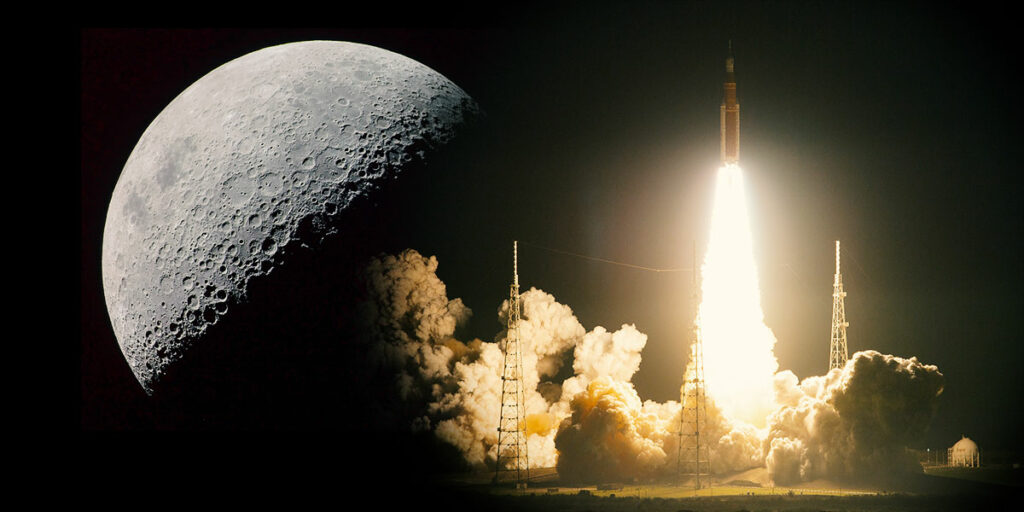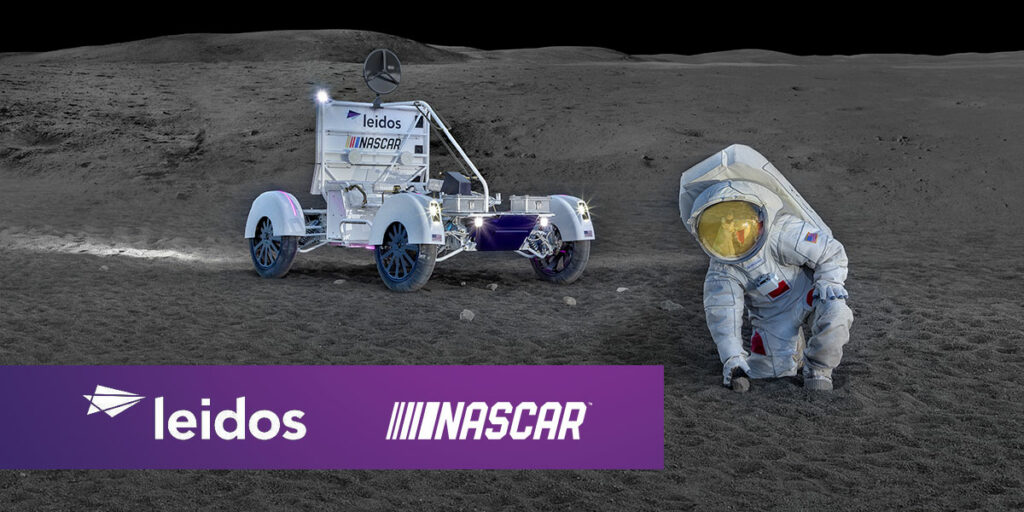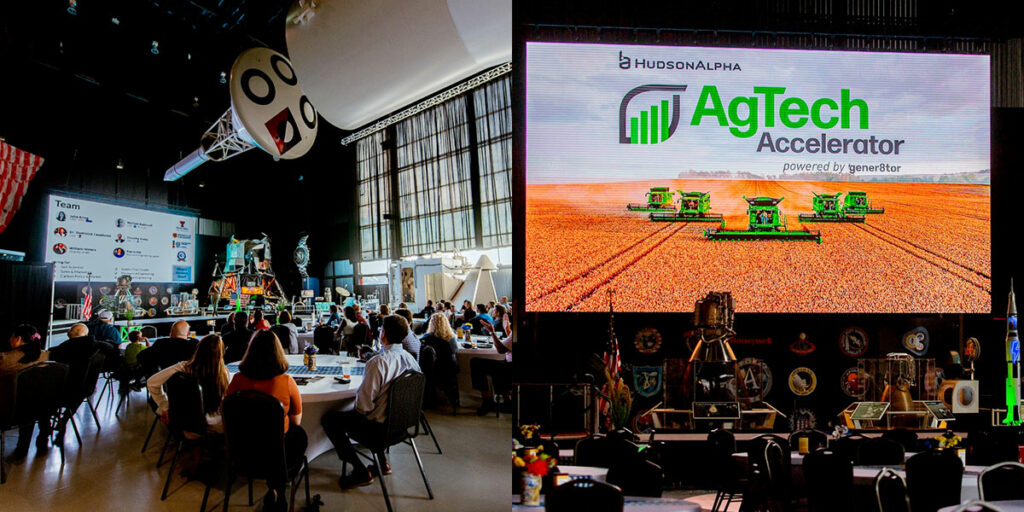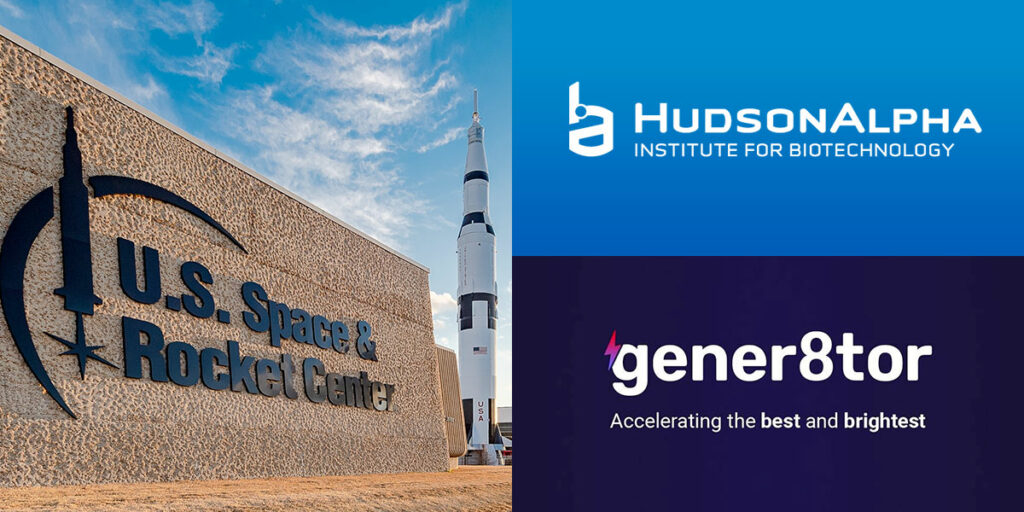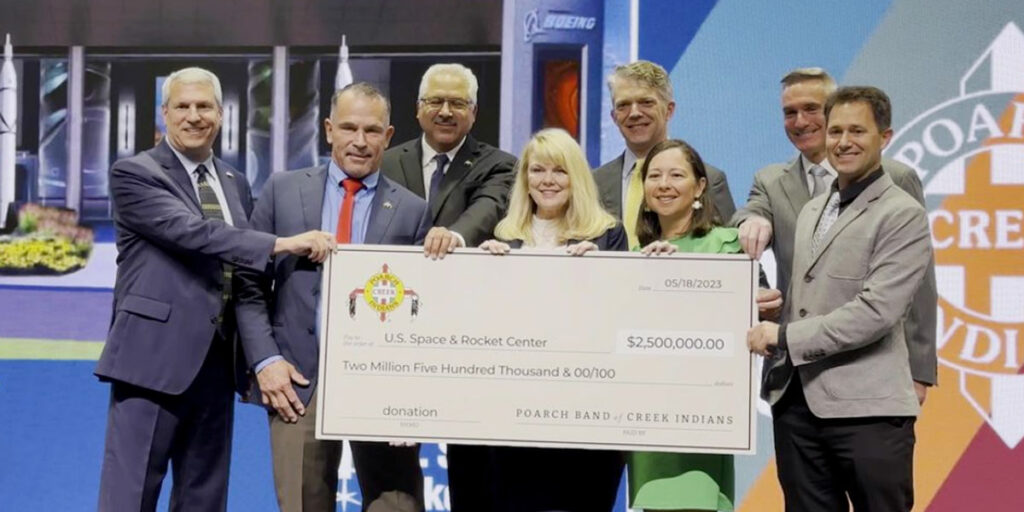HUNTSVILLE — NASA officials on Wednesday offered a glimpse into the inner-workings surrounding the Artemis mission and Space Launch System (SLS) program, which will return Americans to the lunar surface and eventually lead to the exploration of unchartered frontier.
The ambitious Artemis mission is set to forge a new era of human space exploration and discovery, which experts hope will lead to scientific and technological advancements. The goal of Artemis is to sustain an active human presence on the moon, where planning will be conducted regarding future missions to Mars.
The Huntsville-assembled SLS is the first primary launch vehicle for the multi-phase Artemis mission. According to Marshall Space Flight Center director Jody Singer, SLS “will be the most powerful rocket in the world.”
Singer said over 1,100 companies have partnered in support of the SLS program, which has generated $5.5 billion in economic impact and created over 28,000 jobs nationwide.
Breakdown of the @NASAArtemis mission: pic.twitter.com/fE3qHkFVhG
— Dylan Smith (@DylanSmithAL) September 8, 2021
According to SLS program manager John Honeycutt, the mission consists of multiple phases: Artemis I, Artemis II and Artemis III-V. The first and second phases entail launching human spacecraft to the moon, sending humans to orbit the moon and take flight into deep space, all of which have yet to occur this century. The third through fifth phase consists of pioneering crew missions into deep space.
Surrounding a timeframe to expect the first launch to occur, Honeycutt remained noncommittal to a specific date but maintained his desire for the launch to take place near the year’s end.
“We haven’t set the launch date yet, [m]y team is working towards the end of the year,” said Honeycutt. “The agency’s made a decision that we will not set the launch date until we go through the wet dress rehearsal,” referring to the final major test prior the first launch which will take place at the Kennedy Space Center in Florida.
Honeycutt further estimated that the final stages of preparation for the first launch will not be completed until a date around November.
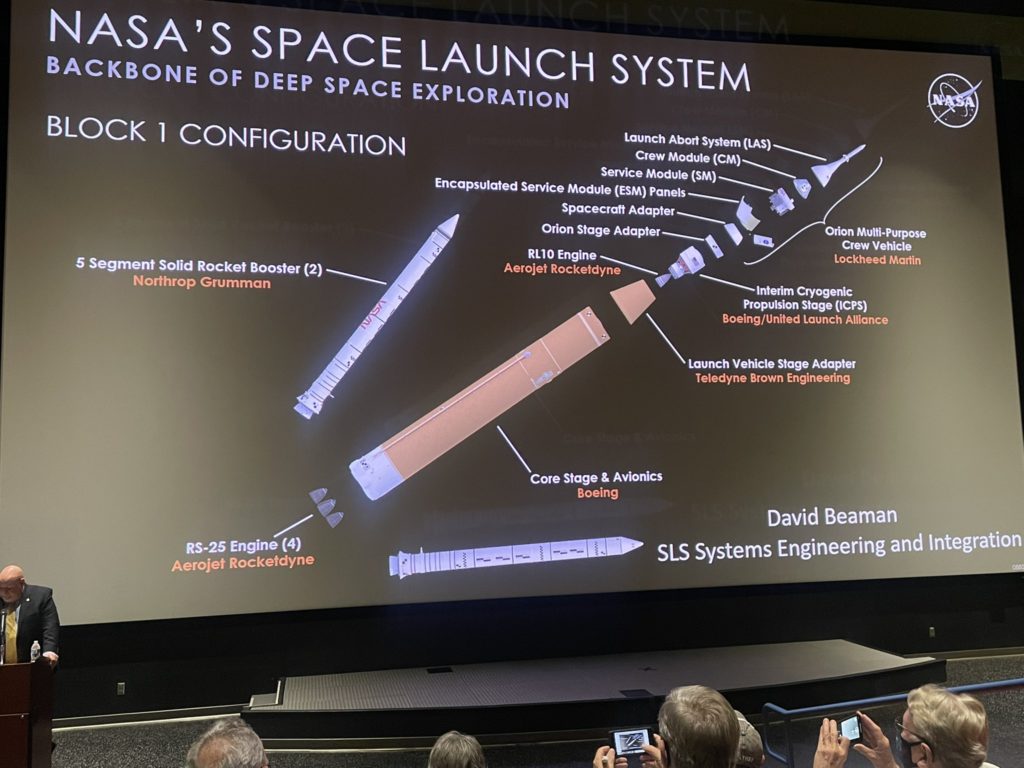
Aerospace industry giants such as Aerojet Rocketdyne, Boeing, Teledyne Brown, United Launch Alliance (ULA), Lockheed Martin and Northrop Grumman, all of whom conduct critical space-related operations in Huntsville, have played critical roles in ensuring the successful construction of the rocket.
Kimberly Johnson, CEO and executive director of the U.S. Space & Rocket Center touted the role Huntsville plays in leading the Artemis generation in 21st century space exploration.
“We’re going back to the moon to establish a long-term presence and to ultimately to understand what it takes to live off planet and to make our first great leap to Mars,” said Johnson. “It all begins right here in the Rocket City. As during Apollo, the Rocket City is leading the way in powering America’s return to the moon. The most powerful rocket ever developed, the Space Launch System will soon take its place alongside the iconic Saturn V, that has been such a symbol for our community, the Space & Rocket Center, and for the grand achievements of the American space program.”
Alongside the historic launch returning the United States to the moon and blazing a new trail of modern space exploration, it will see the first woman and person of color step foot on the lunar surface.
Dylan Smith is a staff writer for Yellowhammer News. You can follow him on Twitter @DylanSmithAL








